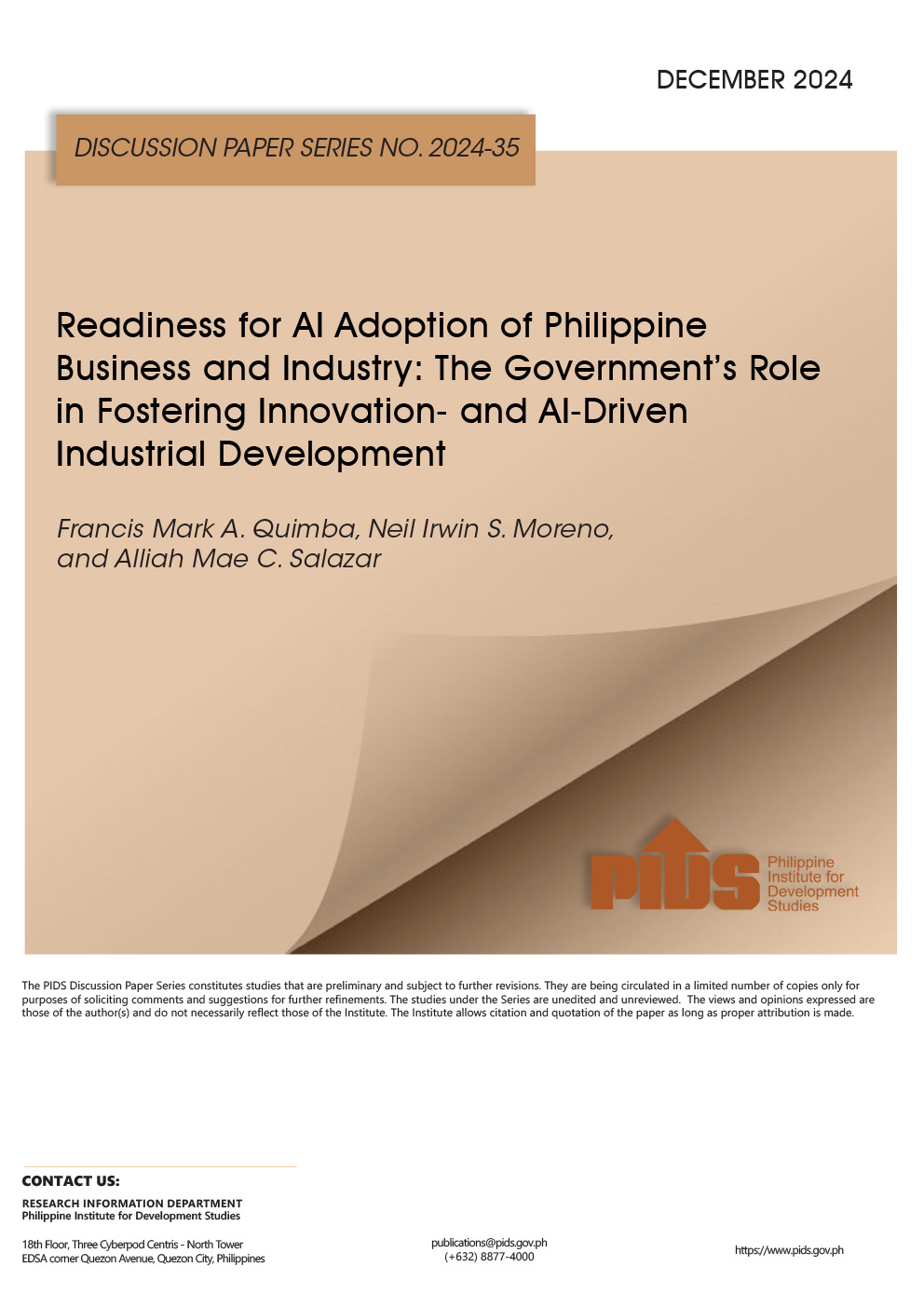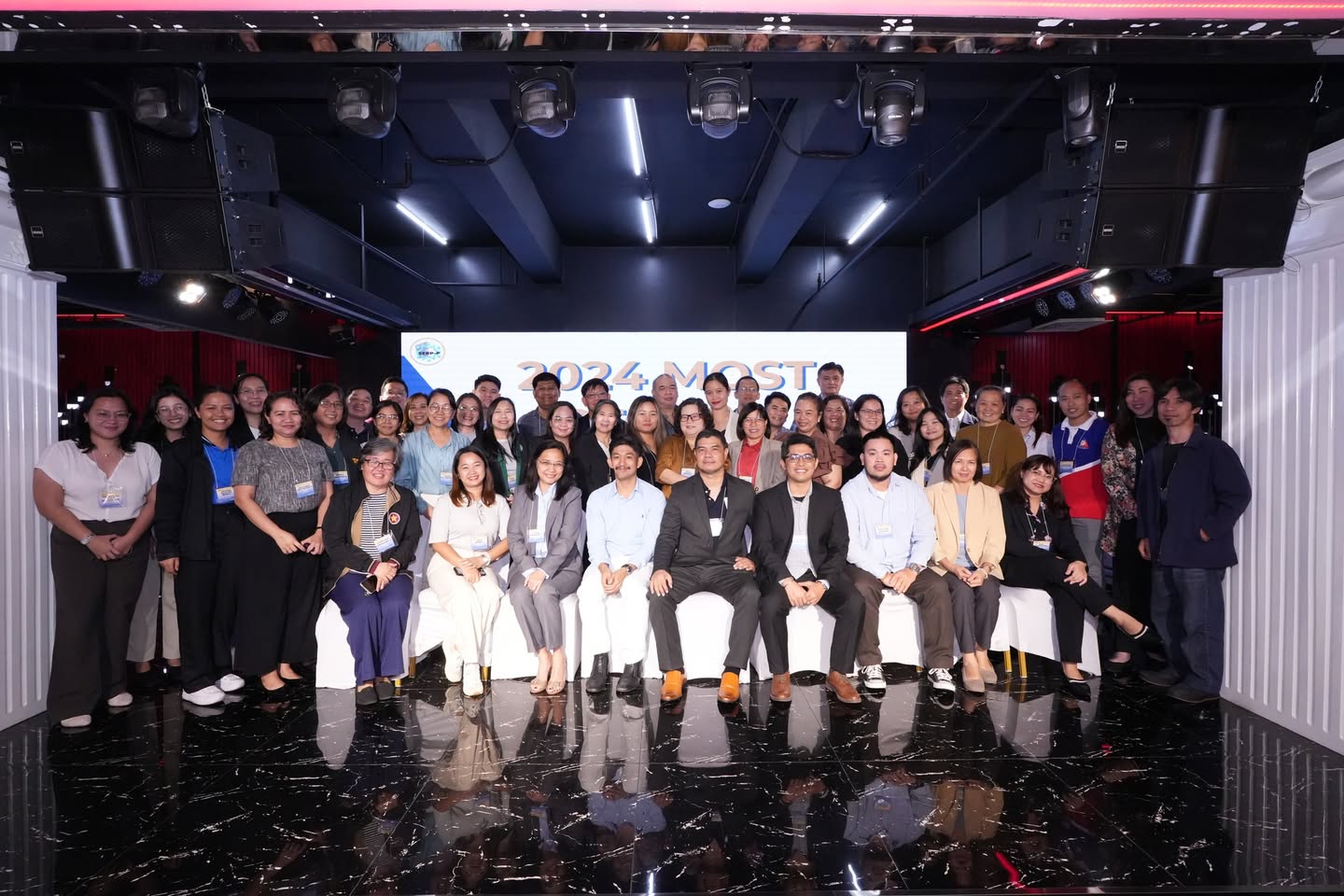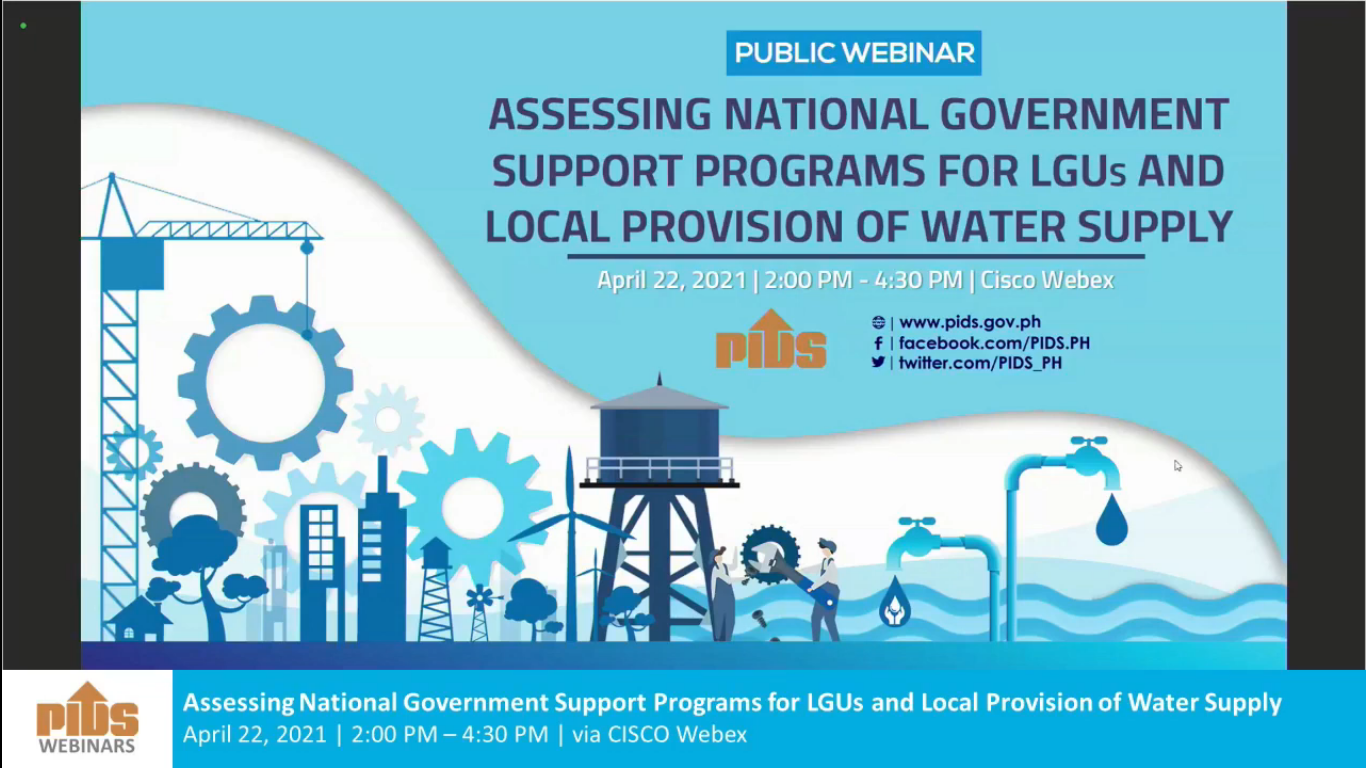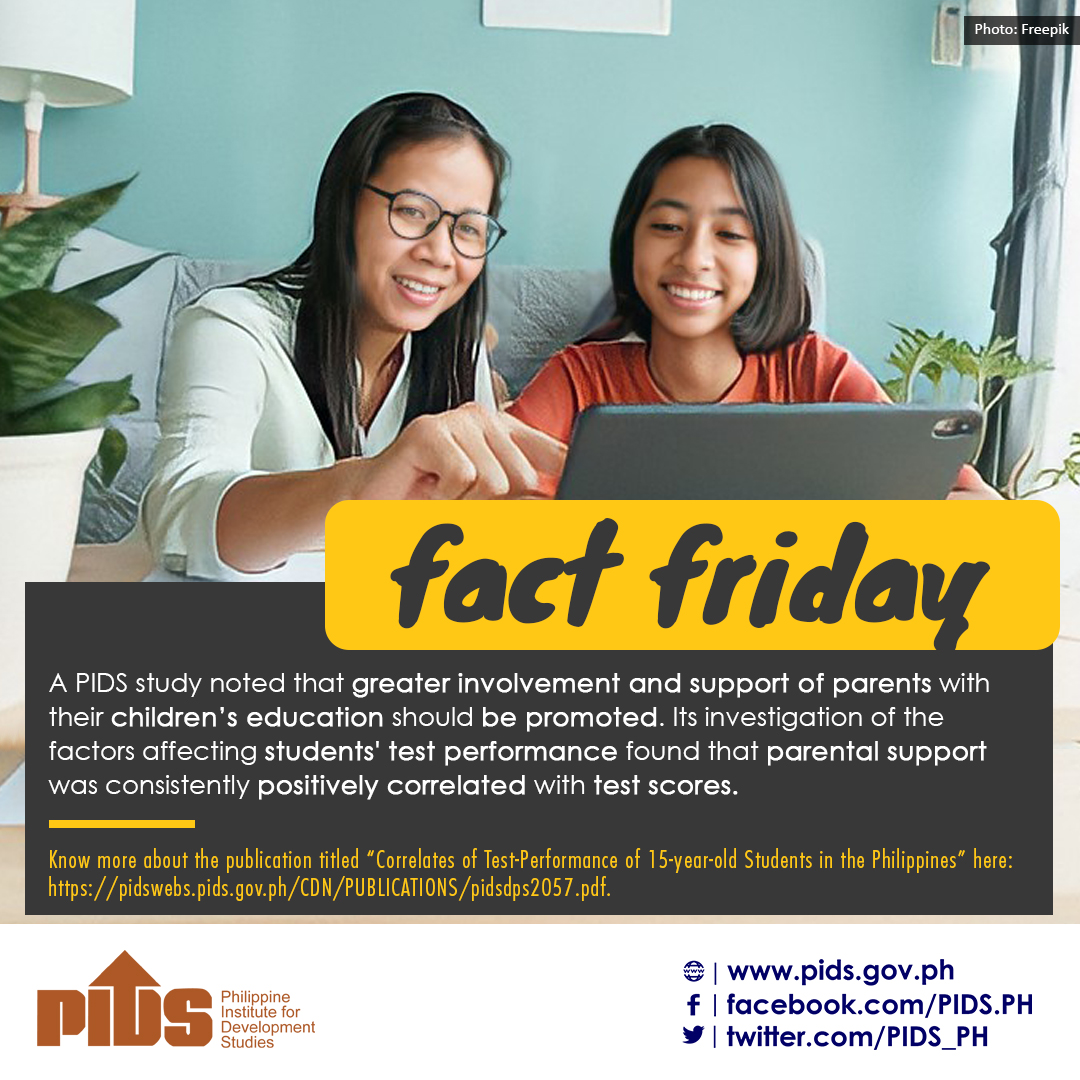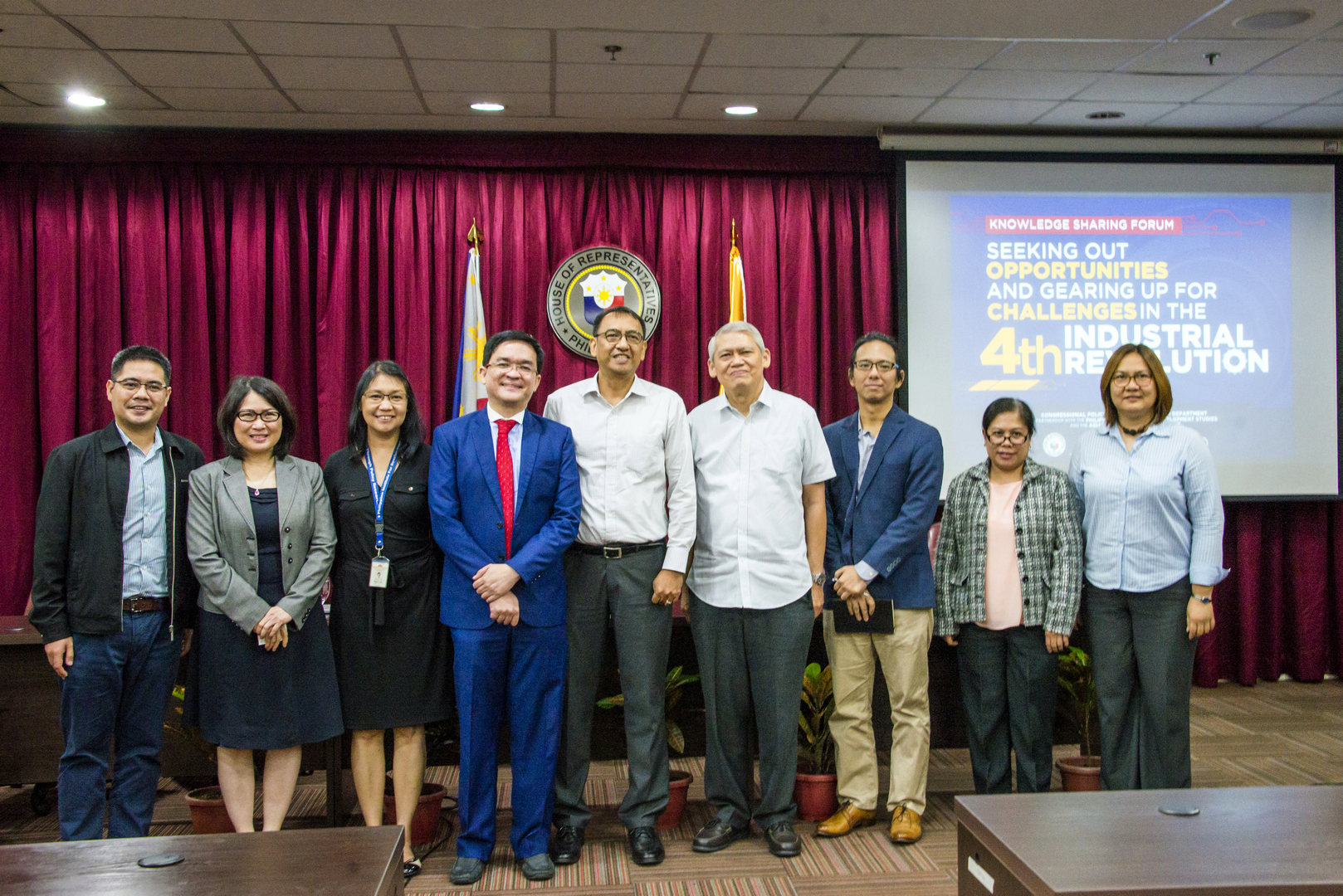
The research and development (R&D) sector is not getting enough support from the government.
This was the shared sentiments of Philippine Institute for Development Studies (PIDS) Senior Research Fellow Jose Ramon Albert, Department of Trade and Industry (DTI) Assistant Secretary Rafaelita Aldaba, and Asian Institute of Management (AIM) President and Dean Jikyeong Kang during a knowledge-sharing forum recently held at the House of Representatives in Quezon City. Titled “Seeking Out Opportunities and Gearing Up for the Challenges in the 4th Industrial Revolution”, the event was organized by the Congressional Policy and Budget Research Department (CPBRD), in partnership with the PIDS and AIM.
According to Albert, the Philippines, despite having an improved economy, has lagged behind other ASEAN countries in terms of R&D. “Our R&D expenditure is so low compared with that of other nations in the ASEAN regional bloc. We are spending 0.2 percent of the gross domestic product on R&D which is way below the suggested international standard of 1 percent,” he said.
Concurring with Albert’s statement, Aldaba said the government provides meager budget for research. She explained that while there has been some increase in funds for R&D, it is still a bit far from what is required. “For 2018, it is 0.44 percent but this is not a proportion of GDP, but R&D as a proportion of the total government budget,” she stated.
Kang, for her part, commented that the Philippine government finds it hard to ‘open its wallet’ in terms of spending on human capital investments, particularly on trainings in innovation and technology. “There are no free goods or services. Money should be spent in areas where it matters. We are in an era of what we call lifelong learning; we need to learn every time new things come out; we need to teach students how to learn by themselves and take advantage of technology,” she pointed out.
Strong collaboration among key players sought
One common issue cited by the speakers is the lack of cooperation among key players, namely, the government, industry, and academe.
Albert described these sectors as operating in silos and often not working together to establish a robust innovation ecosystem. “If we want to make a dent, we need to keep talking to one another and put our acts together. It is high time we embrace a whole-of-nation approach in this effort,” he emphasized.
Similarly, Aldaba commented on the limited coordination among the research-granting agencies in the country, such as the Department of Science and Technology, the Department of Agriculture, and the Commission on Higher Education. “These offices have good programs but they do not coordinate their research agenda with one another. They are also not in touch with the private sector, hence, their outputs are not usually turned into products or are not commercialized,” Aldaba explained.
The DTI official also noted the presence of competition and the widespread mistrust between the industry sector and the academe. According to Aldaba, these sectors should link together and help one another pursue more basic and applied research, as well as market-oriented research projects that would solve societal problems and industry issues.
Similarly, Kang emphasized the importance of collaboration among sectors to accelerate innovation in the Philippines. She called this strategy ‘triple helix’, which she described as ‘mutually intersecting interest of three parties (i.e., academe, industry, and government) working together’. She stressed that the ‘equal partnership’ among sectors will help attain the goal of each player. “The government wants to make a difference in the lives of people while the academic sector looks for novelty, unitary knowledge and wants to do research, and industries look for value, whether it is financial or innovation,” Kang explained.
Call to pass legislation to secure budget for R&D
Meanwhile, Aldaba urged the House of Representatives to pass a legislation that will secure a budget for government’s R&D programs. Agencies like the DTI and DOST, she said, cannot rely perpetually on the support of development partners as well as on the General Appropriations Act because these funding sources could be discontinued or terminated anytime. “To effectively and properly implement our activities and programs, we need to put funds into these activities. We need to put our money where our mouth is so please help us secure a budget or come up with a legislation on this,” Aldaba appealed. ###



